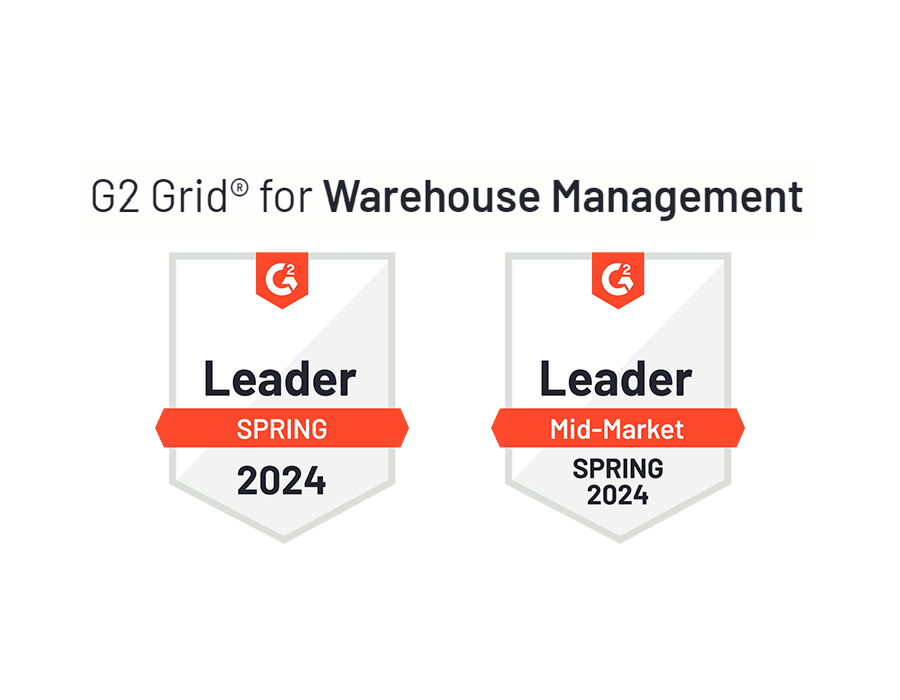Softeon provides a full suite of flexible and robust end-to-end warehouse management system software solutions to support even the most complex operations.
Amplify your supply chain management performance
Softeon is a global warehouse management company and provider of innovative supply chain solutions and warehouse management systems that deliver success, every time. Our suite of supply chain management solutions are provided on a single integrated technology platform, and are anchored by our warehouse software systems and distributed order management. Softeon also provides a broad array of additional logistics and supply chain management solutions, including warehouse execution systems, labor and resource management, 3PL billing, vendor managed inventory, supply chain planning software, supply chain tracking, and much more.
By Industry
Trending Resources
Innovation Lab
Our environment for testing the latest and greatest supply chain tech.
WMS Glossary
Need a refresher on what that new term means? Review our WMS Glossary to catch up.
Vantiva Picks Softeon
Read why Vantiva, formerly Technicolor, chose Softeon for their complex operations.
Get Ready Pharma
The enforcement of the Drug Supply Chain Security Act (DSCSA) is coming soon.








